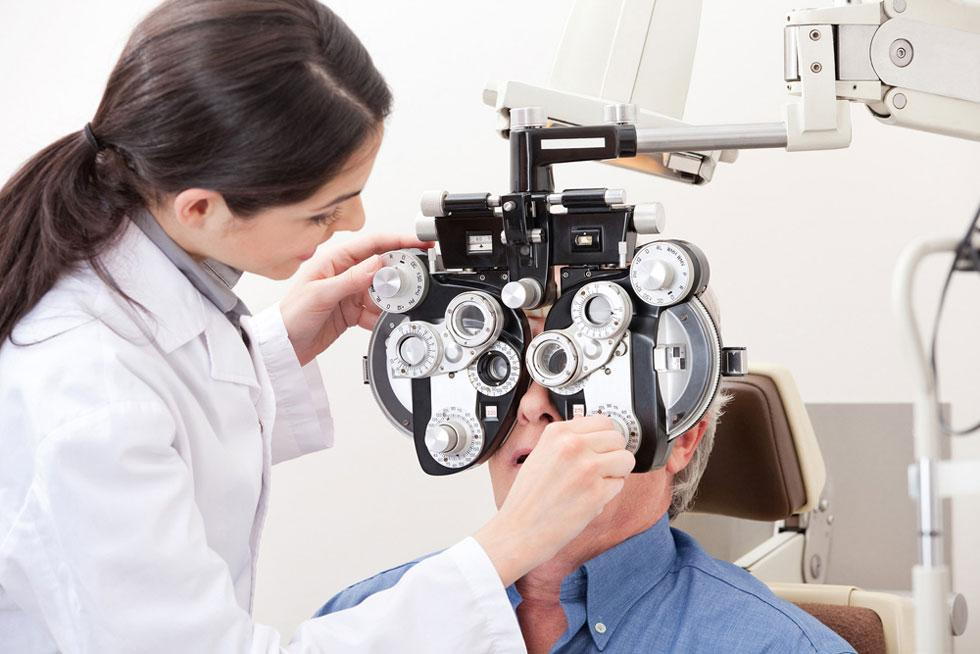
Regular eye tests are essential for maintaining good vision and overall eye health. Whether it’s a routine check-up or a test to investigate specific issues, preparing in advance can help ensure the appointment goes smoothly and provides the most accurate results. Knowing what to expect and taking a few simple steps before your visit can make a significant difference in the quality of your eye examination.
Bring Your Current Glasses or Contact Lenses
If you wear prescription glasses or contact lenses, bring them to your eye test. Your optometrist will check whether your current prescription is still suitable or if adjustments are needed. If you have multiple pairs of glasses for different purposes, such as reading and driving, bring them all to allow for a full assessment.
Make a Note of Any Vision Changes
If you’ve noticed any changes in your eyesight, make a list of the symptoms before your appointment. Common issues to mention include blurred vision, headaches, eye strain, double vision, or increased sensitivity to light. Providing this information helps the optometrist identify potential problems and recommend the most appropriate treatment.
Know Your Medical History
Certain medical conditions, such as diabetes, high blood pressure, and thyroid issues, can affect your vision. If you have a medical condition that could impact your eye health, inform your optometrist. It’s also helpful to know your family’s eye health history, as conditions like glaucoma and macular degeneration can be hereditary.
List Any Medications You Are Taking
Some medications have side effects that can affect vision, including dry eyes, blurred vision, or light sensitivity. Make a note of any prescription or over-the-counter medications you take and share this information with your optometrist during your appointment.
Take a Break from Contact Lenses (If Advised)
If you wear contact lenses, your optometrist may ask you to remove them for a few hours before your test. This is especially important for those undergoing a contact lens fitting or an eye pressure test, as wearing lenses can temporarily affect the shape of the cornea. Check with your optician beforehand to find out if you need to avoid wearing contact lenses before your appointment.
Get Plenty of Rest
Tired eyes can affect test results, particularly when checking for issues like eye strain or dry eyes. Getting a good night’s sleep before your appointment helps ensure your eyes are in their natural state, providing more accurate results during the test.
Stay Hydrated
Drinking enough water in the days leading up to your eye test helps prevent dry eyes, which can sometimes interfere with certain eye examinations. Staying hydrated is particularly important if you suffer from dry eye syndrome or spend long hours looking at screens.
Avoid Straining Your Eyes Before the Test
Extended screen time before your appointment can lead to eye fatigue, which may affect the results of your vision test. If possible, reduce your screen use on the day of the test and take regular breaks to rest your eyes before your appointment.
Bring Sunglasses for After the Test
If your optometrist performs a dilated eye exam, your pupils will be enlarged using special drops to allow for a better examination of the retina. This can make your eyes more sensitive to light for several hours. Bringing a pair of sunglasses will help protect your eyes from glare and discomfort when you leave the optician.
Be Prepared to Discuss Your Lifestyle and Vision Needs
Your optometrist may ask about your daily activities to determine how your vision needs align with your lifestyle. If you spend a lot of time working on a computer, drive frequently, or participate in sports, these factors may influence the type of prescription or lens coatings recommended.
Arrive on Time and Relax
Allowing yourself enough time to get to the optician without rushing will help you feel more at ease. Eye tests are straightforward and non-invasive, so staying relaxed will help you get the best results from the examination.
Making the Most of Your Eye Test
Being prepared for an eye test at your local opticians ensures that you get the most accurate results and the best possible recommendations for maintaining eye health. From bringing your current eyewear to noting any symptoms and staying hydrated, these small steps can make a big difference. Regular eye tests are essential for detecting vision problems early, so taking the time to prepare ensures a smooth and effective examination.




